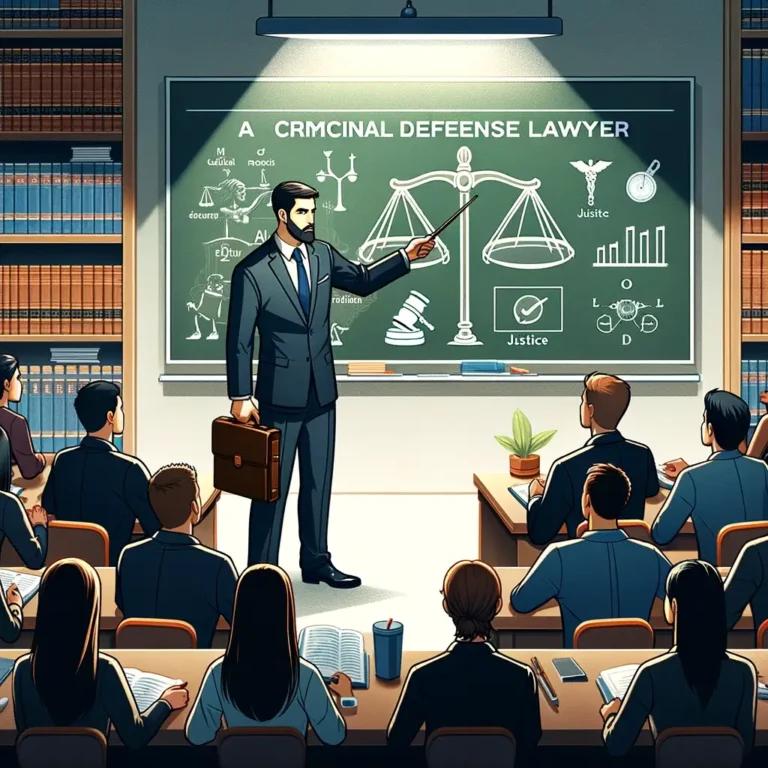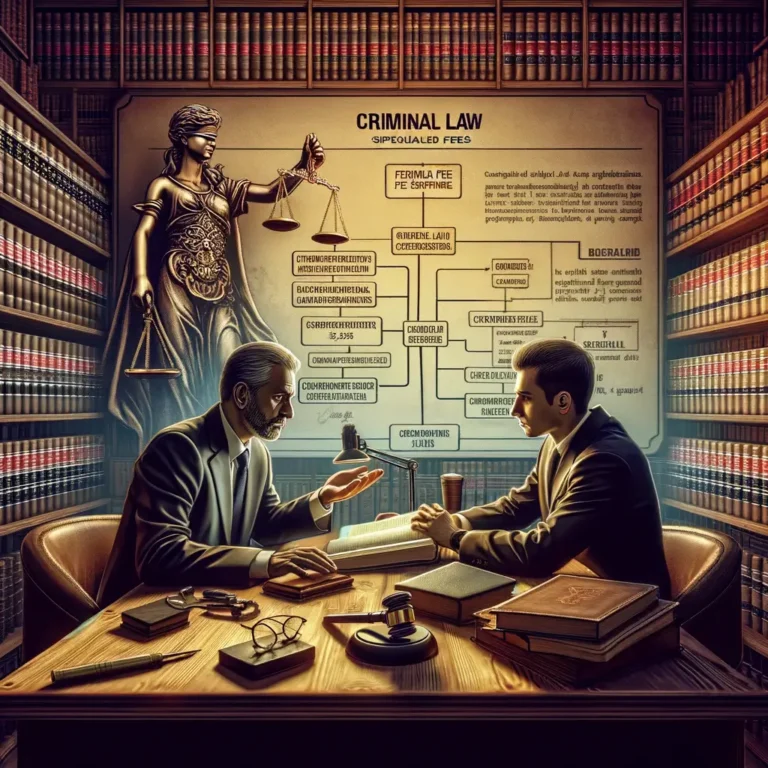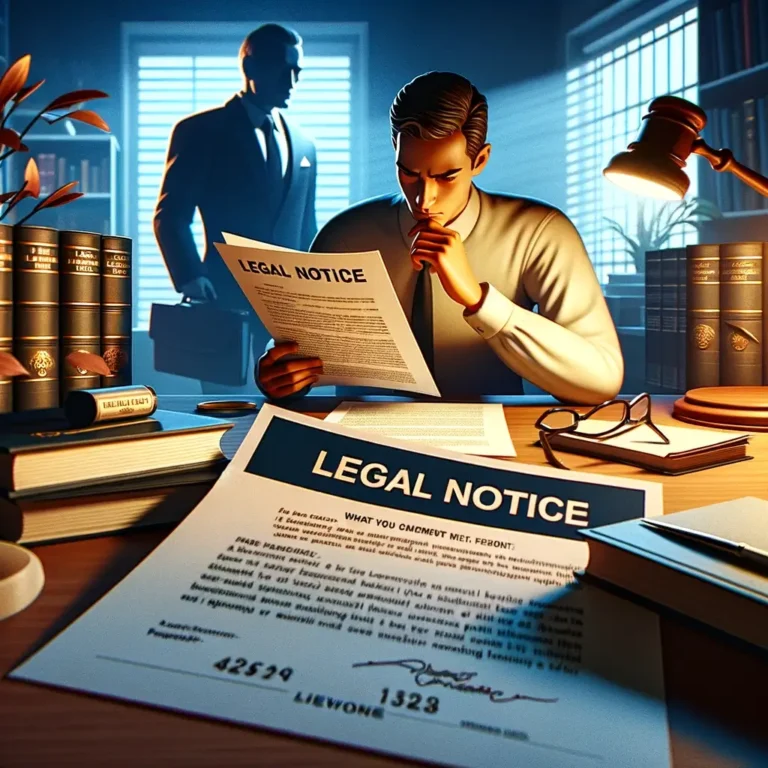Introduction: Navigating the Aftermath of Unfair Dismissal
Experiencing termination from a job can be distressing, especially if it feels unjust. Understanding your rights in such situations is crucial. This article aims to guide those who believe they’ve been unfairly dismissed, outlining legal protections and steps to take.
What Constitutes Unfair Dismissal?
Unfair dismissal occurs when an employer terminates an employee’s contract without a fair reason or fails to follow the company’s formal process during the dismissal. Recognizing whether your dismissal falls under this category is the first step in asserting your rights.
Identifying Wrongful Termination
Wrongful termination is a specific type of unfair dismissal where the firing breaches one or more terms of the employment contract. It includes terminations without proper notice or disregarding disciplinary procedures outlined in the contract.
Rights if fired unfairly from job
Right to a Fair Reason for Dismissal
Employers must have a valid reason for terminating employment. These reasons can be conduct, capability, redundancy, breach of statutory duty, or “some other substantial reason”. If the reason doesn’t fit these categories, it may be considered unfair.
Right to a Proper Disciplinary Process
Employers should follow a formal disciplinary process before dismissal. This often includes a fair warning, a meeting to discuss the issue, and a chance for the employee to appeal the decision. Failure to follow these steps can render the dismissal unfair.
Legal Protections Against Unfair Dismissal
- Employment Contracts: Review your contract for specific terms regarding termination.
- Labor Laws: Be aware of labor laws in your jurisdiction, as they provide baseline protections against unfair dismissal.
Steps to Take If You’ve Been Unfairly Fired
1. Seek Legal Advice
Consult an employment lawyer to understand your rights and the merits of your case. They can guide you on the legality of your dismissal and the best course of action.
2. Collect Evidence
Gather any relevant documents, emails, and witness statements that support your claim of unfair dismissal.
3. Understand Potential Remedies
If your dismissal is ruled as unfair, you may be entitled to compensation, reinstatement, or re-engagement.
4. Consider Alternative Dispute Resolution
Before taking legal action, explore mediation or arbitration as a means to resolve the dispute.
Filing a Claim for Unfair Dismissal
1. Understand the Statutory Time Limit
Be aware of the time limit for filing an unfair dismissal claim, usually within a few months from the date of dismissal.
2. The Role of Employment Tribunals
Employment Tribunals are responsible for hearing claims of unfair dismissal. They assess the fairness of the dismissal process and reason.
3. Preparing for the Tribunal
Gather all necessary documentation and prepare your case with the help of a legal professional.
Conclusion: Empowerment Through Knowledge
Being informed about your rights and the legal avenues available is empowering in the face of unfair dismissal. With the right approach and legal guidance, you can effectively address wrongful termination and seek justice.
Final Thoughts
Unfair dismissal not only affects your current job situation but can also have long-term career implications. Understanding your rights and the steps to take if you find yourself in this situation is essential. Legal guidance and a clear understanding of employment laws can provide the necessary support to navigate this challenging scenario.
FAQ (FREQUENTLY ASKED QUESTIONS)
- Q: What are my rights if I am unfairly fired from my job?
A: You may have the right to legal recourse, depending on labor laws and the circumstances of your termination. - Q: Can I be fired without any reason?
A: In many employment-at-will jurisdictions, employers can terminate employees without providing a reason. However, there are exceptions. - Q: What is wrongful termination?
A: Wrongful termination occurs when an employee is fired for illegal reasons, such as discrimination, retaliation, or violation of employment contracts. - Q: Can I be fired for reporting workplace misconduct or illegal activities?
A: No, retaliation for reporting workplace misconduct or illegal activities is illegal. Whistleblower protections may apply. - Q: What steps should I take if I believe I was unfairly terminated?
A: Document the circumstances, gather evidence, and consider consulting with an employment attorney to understand your options. - Q: Can I challenge my termination if I don’t have a written employment contract?
A: Yes, even without a written contract, certain implied terms or statutory protections may apply. - Q: Can I be fired for refusing to do something unethical or illegal?
A: No, termination for refusing to engage in unethical or illegal activities may be considered wrongful, and legal remedies may be available. - Q: Can I sue my employer for unfair termination?
A: Depending on the circumstances, you may have grounds for a lawsuit. Consult with an employment attorney for advice specific to your case. - Q: Can I be fired during a medical leave or disability?
A: Firing an employee during a medical leave or due to a disability may be considered discriminatory and could be illegal. - Q: What is constructive dismissal?
A: Constructive dismissal occurs when an employer makes working conditions intolerable, forcing the employee to resign, which can be considered a form of unfair termination. - Q: Can I be terminated for filing a workers’ compensation claim?
A: Termination in retaliation for filing a workers’ compensation claim is illegal in many jurisdictions. - Q: Can I be fired for taking family or medical leave?
A: No, termination for taking family or medical leave, as protected by laws like the Family and Medical Leave Act (FMLA), is generally prohibited. - Q: Can I file a complaint with a government agency if I believe I was unfairly fired?
A: Yes, you can file a complaint with relevant government agencies, such as the Equal Employment Opportunity Commission (EEOC) or state labor boards. - Q: Can I negotiate a severance package if I believe I was unfairly terminated?
A: Yes, you can negotiate a severance package, especially if you have evidence of wrongful termination. Consult with an attorney to guide you through the process. - Q: What is the difference between “at-will” employment and contractual employment?
A: In at-will employment, either the employer or the employee can terminate the relationship at any time for any reason (or no reason). Contractual employment involves terms specified in a written agreement. - Q: Can I be fired based on my race, gender, or other protected characteristics?
A: No, termination based on protected characteristics such as race, gender, religion, or disability is illegal and constitutes discrimination. - Q: How can I prove my termination was unfair?
A: Collect evidence such as emails, performance reviews, witness statements, or any documentation related to your termination. - Q: Can I get my job back if I prove unfair termination?
A: While it’s possible, reinstatement is not always granted. Compensation or a settlement may be more common remedies. - Q: Can I be fired for joining a labor union?
A: No, it is illegal to terminate an employee for participating in union activities or organizing efforts. - Q: Can I be fired for taking time off for jury duty?
A: No, termination for serving on a jury is illegal in many jurisdictions. - Q: Can I be fired for exercising my right to free speech?
A: Private employers have more leeway, but termination for protected speech may still be challenged, especially in public sector employment. - Q: Can I be fired for refusing to work in unsafe conditions?
A: No, you have the right to refuse to work in unsafe conditions without fear of termination, protected by occupational health and safety laws. - Q: Can I be fired for being pregnant?
A: No, termination due to pregnancy is considered pregnancy discrimination and is illegal under laws such as the Pregnancy Discrimination Act. - Q: Can I be fired for taking time off to vote?
A: No, termination for taking time off to vote is illegal in many jurisdictions. - Q: Can I be fired for being a whistleblower?
A: No, termination in retaliation for whistleblowing is illegal, and various whistleblower protection laws exist. - Q: Can I be fired for off-duty conduct?
A: In some cases, yes, especially if the off-duty conduct is illegal or impacts job performance. However, there are limits to what employers can regulate. - Q: Can I be fired for taking legally prescribed medications?
A: No, termination for taking legally prescribed medications is generally considered discrimination and may be illegal. - Q: Can I be fired if my company is downsizing?
A: While downsizing is a legitimate reason for termination, anti-discrimination laws still apply, and employers must follow fair procedures. - Q: Can I be fired for filing a harassment complaint?
A: No, retaliation for filing a harassment complaint is illegal, and there are protections in place for employees who report workplace harassment. - Q: Can I be fired without notice?
A: In at-will employment, yes. However, employment contracts or state laws may require employers to provide notice or severance pay in some cases.
Sources:-
















